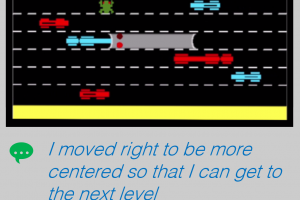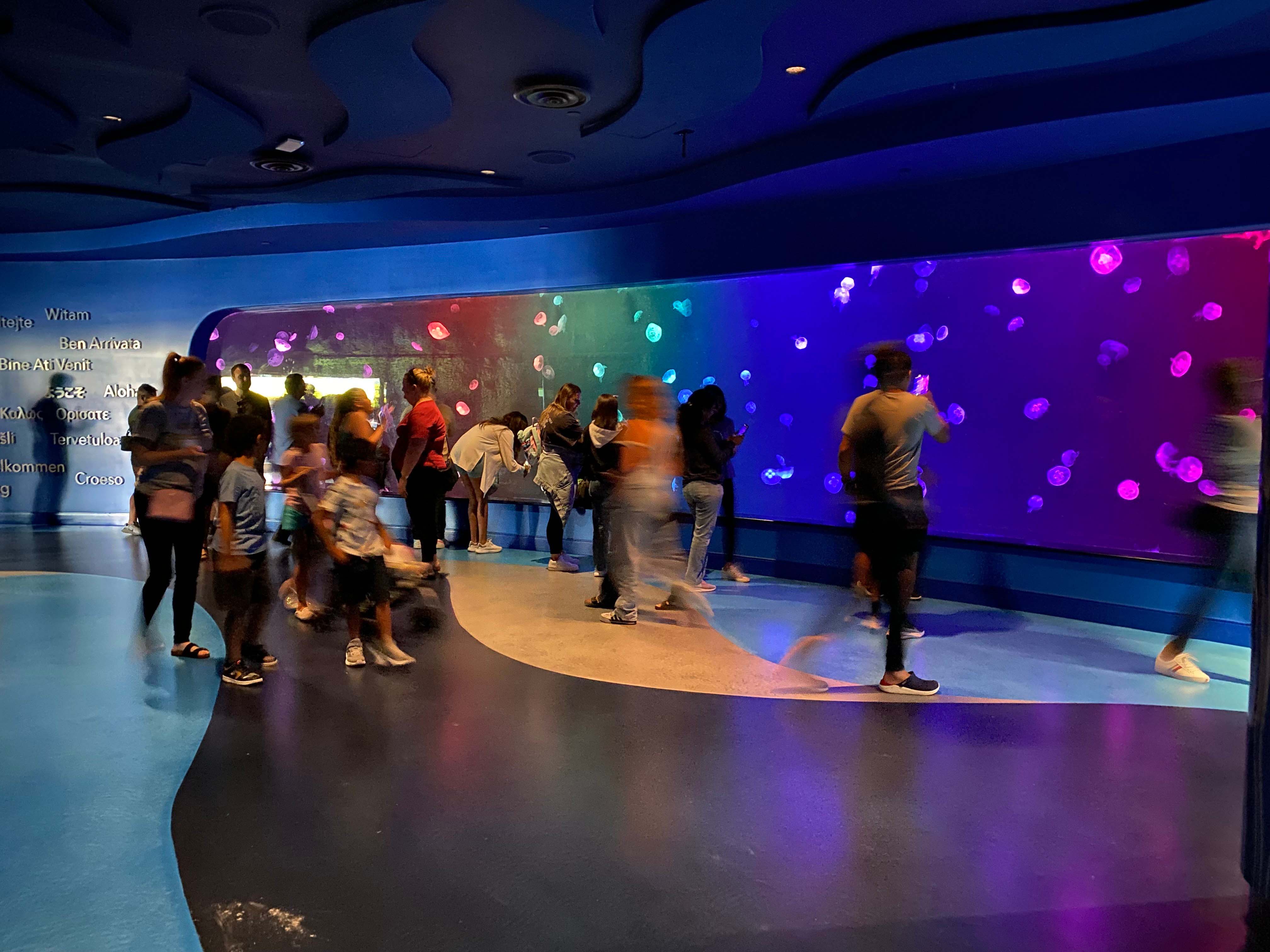|
Examinator automatically compares pairs of take-home exams to select which should be manually checked for plagiarism. Website: |
Mental illness such as psychosis and schizophrenia are serious public health concerns. However, timely detection of an episode of psychosis is often difficult due to several reasons such as social stigma, lack of mental health awareness and literacy, and the retrospective nature of clinical therapy. We examine the potential of leveraging social media disclosures as a new kind of lens in characterizing and predicting experiences leading up to a psychotic episode. |
This experiment used Apple's ARKit in conjunction with the AFrame Javascript webVR framework. Using ARKit’s plane detection as an anchor for the VR experience allows users to experience six degrees of freedom using mobile devices without external trackers. |
|
|
Working with brick-and-mortar venues to deploy and optimize printed signage within poster stands embedded with facial detection sensors. A methodology for monitoring, evaluating, and actioning insights derived from remote monitoring is proposed and tested. The methodology takes parallels from agile digital development processes to continually test and refine designs based on a constant flow of data reflecting real user behaviors.  |
Our AI agent (Frogger) explains its decisions in plain English—why do we need that? As Aritificial Intelligence (AI) becomes ubiquitous in our lives, there is a greater need for them to be explainable, especially to end-users who need not be AI experts. Come by to see how our system produces plausible rationales and understand how human perceptions of these rationales affect user acceptance and trust in AI systems.  |
Building on our prior work on AI agents to think out loud in plain English, we are taking the next step. You will not only see Frogger think out loud using plan English, you will also be able to visually connect which parts of his language correspond to which parts of the game. For e.g, the statement "I am trying to avoid the red truck to the left" will be accompanied by a visual indication of the red truck. While language is instrumental in making black-boxed AI systems explainable to lay users, having a layer of visual correlation makes our approach even more powerful. |
Explore AR potential in extending visiting experience of Aquariums & Zoos |
|
To increase communication among visitors, experts and artists, we try to employ Augmented Reality technology, which allows visitors to dig deeper into the artworks, and also allows the artists to understand the visitors' feelings. |
We developed a suite of educational digital games for chronically ill children that help us build upon the learning science theory of islands of expertise and contributes to educational game studies by exploring a interrelated core set of games that can teach specific science, technology, engineering and mathematics (STEM) content in the context of complex systems. |
Exposure is an interactive VR experience that explores the events happening at the beginning of the fight for LGBTQ+ rights. You are a photographer in 1969 who is told by your boss to cover the events happening at the Stonewall Inn in Greenwich Village, NY. However, there are police patrolling the area to prevent the media from reporting on the event. Sneak past the police and get your shot! |
|
|
We aim to explore how to help local visitors extend the impact of their trip to the Georgia Aquarium and encourage an enhanced revisit.  |
We have created a visualization that presents one week of a person's Facebook messages and notifications. The focus here is to allow someone to quickly catch up with what has been going on in their feed, which messages were "hot", who has been active, etc. The tool leverages a number of different visualization techniques and can benefit from a very large display. |
Analysts routinely encounter large collections of text documents with many accompanying numeric or categorical data fields. For example, consider a collection of wine reviews where the main text part of the document is the actual review narrative, but the accompanying fields are data such as the wine's variety, color, age, rating, producer, region, reviewer, and so on. In this project, we are exploring techniques to allow analysts to investigate the document collection by "slicing" it along the different attributes affiliated with each document (we call them "facets"). |


